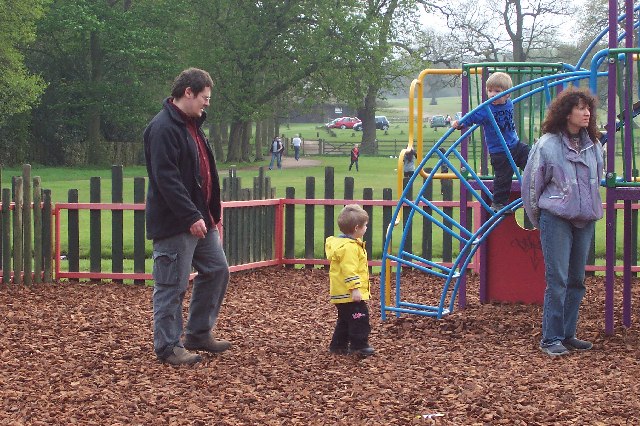An easy trap for parents to fall into is the unrealistic expectation of perfection. Parents are conditioned to believe they should be equipped to handle any problem their children might have. Parents become convinced that there shouldn’t be a question they are unable to answer. Many read the testimonials of other parents, or of parenting experts, and immediately feel inadequate if their children aren’t living up to what are considered normal developmental standards.
In reality, parenting is subjective. Despite numerous sources from which ways of thinking or philosophies are gleaned, how an individual chooses to parent is primarily dictated by the personalities of the children being parented.
Rather than trying to fit perfectly within a particular parenting philosophy,one could make an effort to learn from as many resources as possible. That doesn’t mean change on a whim; it means to be in a position to respond to children’s ever-changing needs.
Paying too much attention to “normal” developmental stages puts an unnecessary amount of pressure on the parent and the child. It is important to keep in mind that children want to be close to their parents. They have a sincere desire to please their care-givers.
Sometimes this desire to please becomes a struggle for independence because children want to prove they are able to take care of themselves. If a parent is able to keep this in mind there will be less of a need to control the child’s behavior to fit a chosen parenting philosophy.

Far too often what gets lost in the minutiae of parenting is the relationship between the parent and the child. There are many ways to gauge whether or not this is happening. Some questions include:
• Does a lot of energy get spent trying to make sure the child fits the “normal” developmental standards?
• Is there an attempt to strictly adhere to any one parenting philosophy?
• Are expectations based on the personality of the child or on what others say should be expected of the child?
The parent-child relationship can feel very complicated at times. One way to facilitate a harmonious and productive relationship is for the parent to deal with his own emotions first. When able to do this, the urge to control the behavior of someone else is greatly reduced. This is easier said than done in a lot of cases, but it is certainly an ideal worth shooting for.
Photo: © Copyright Adrian Bailey and
licensed for reuse under this Creative Commons Licence.